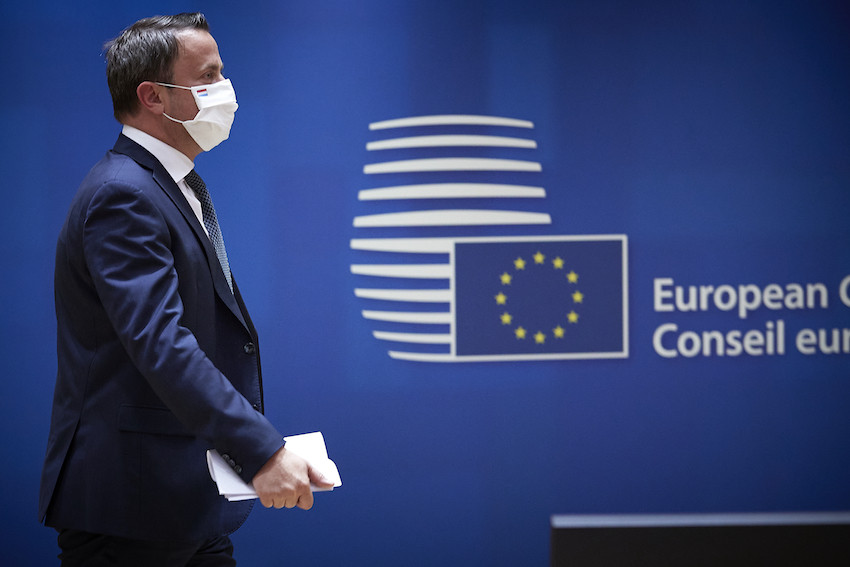The EU will borrow the money collectively and distribute the funds to member states to use for various economic stimulus programmes.
Earlier this month, the European Commission forecast that the EU economy would contract 8.3% this year, due to the coronavirus outbreak and shutdown, and then expand 5.8% in 2021.
Negotiations were split along a fault line between the so-called “frugal four” countries--Netherlands, Austria, Sweden and Denmark--joined by Finland, which wanted the €750bn fund to issue loans to member states, and a bloc lead by France, Germany and Italy, which wanted the money given as grants to be repaid out of the EU budget.
In the end, EU leaders agreed to €390bn in grants and €360bn in loans.
The compromise was linked to the main EU budget, which leaders agreed during the summit will be €1.074trn over the seven years starting in 2021. The frugal four will receive an increased rebate on their contributions.
Procedures will also be put into place that would pause payments when member states do not observe EU economic reform and rule-of-law requirements.
Marathon session
The talks lasted 90 hours, making it the longest EU summit since one held in Nice in 2000. So long that Xavier Bettel and Micheál Martin, respectively prime ministers of Luxembourg and Ireland, briefly had to head back to their own capitals for government meetings before returning to Brussels.
Charles Michel, the European Council president who chaired the talks, announced that the agreement had been reached with a single word tweet at 5:31am on Tuesday: “Deal!”
Deal!
— Charles Michel (@eucopresident) July 21, 2020
The deal was reported by the BBC, Financial Times, The Guardian and Reuters.
